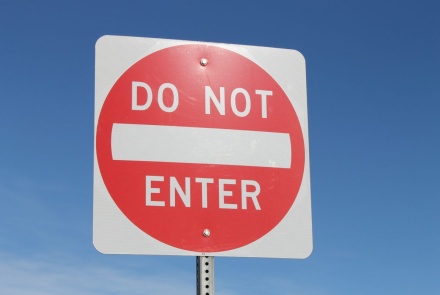Immigration consultant's notes. Opportunity of visiting Schengen by person with a criminal record.
According to the Schengen rules, entry is prohibited "to those who pose a threat to public policy, internal security, public health or international relations of any of the Schengen member states." In addition, entry is not permitted "to persons regarding whom a warning has been issued in the Schengen Information System about denial of entry."
Travelers are not subject to criminal conviction checks at the border, and it is believed that minor criminal offenses should not impede entry into the Schengen area. However, each country has its own policy, characterized by restrictions on the movement of persons with offenses.
In general, one conclusion can be drawn: European countries are not concerned about petty offenses and on condition that they are committed outside the borders of the EU.
As for Italy, for entering inside the country a foreign citizen must not:
- be entered into the Schengen information system as a person who is denied entry;
- be subject to expulsion from Italy;
- pose a threat to public order, national security and international relations of Italy, as well as a threat to public order or national security of other countries of the Schengen zone;
- the Italian Immigration Act more specifically defines that access may be denied to persons who have been convicted, regardless of whether the sentence is final, for crimes involving arrest for murder, robbery, riot, harm to public servants, etc. (in accordance with paragraphs 1 and 2 of Article 380 of the Italian Penal Code) or for the following crimes:
- trafficking in hazardous substances;
- drug trafficking;
- sexual crimes and abuses;
- assistance to illegal immigrants in Italy and illegal immigrants from Italy against other states;
- prostitution;
- involving minors in illegal activities;
- be convicted for copyright infringement (Copyright Act, Sections 473 and 474 of the Italian Penal Code).






